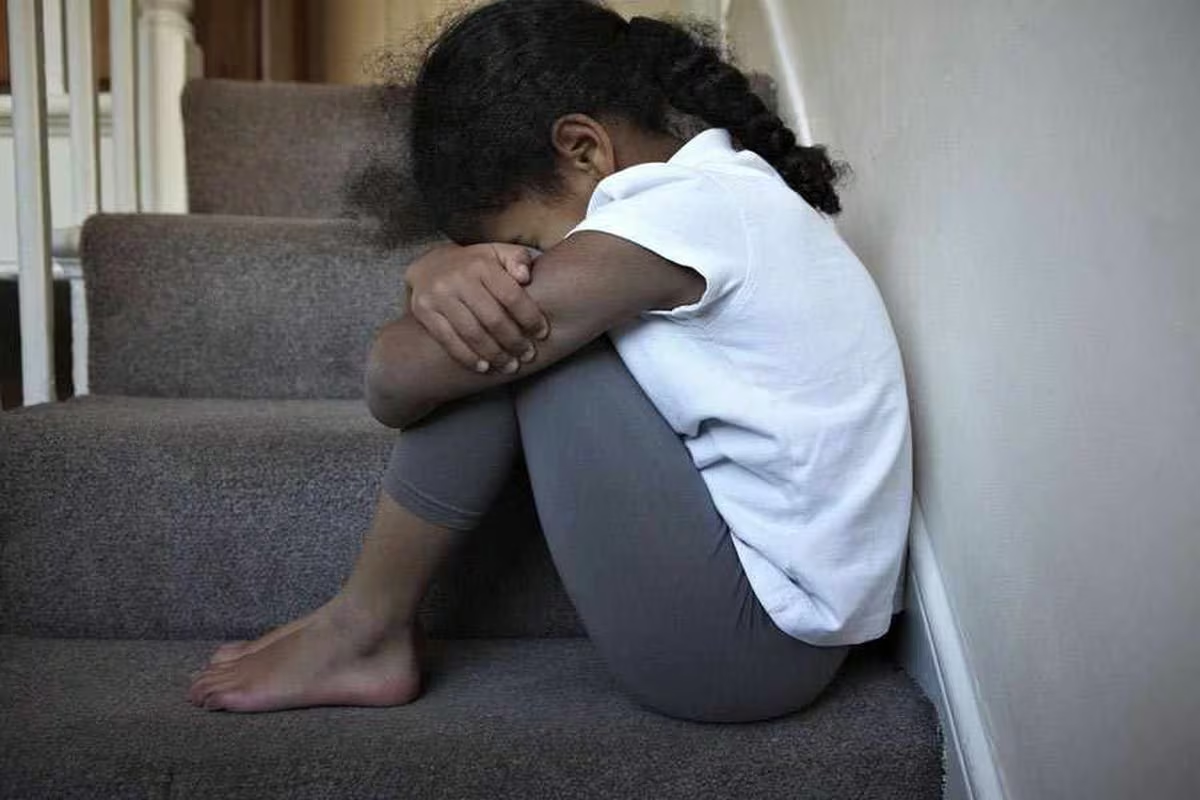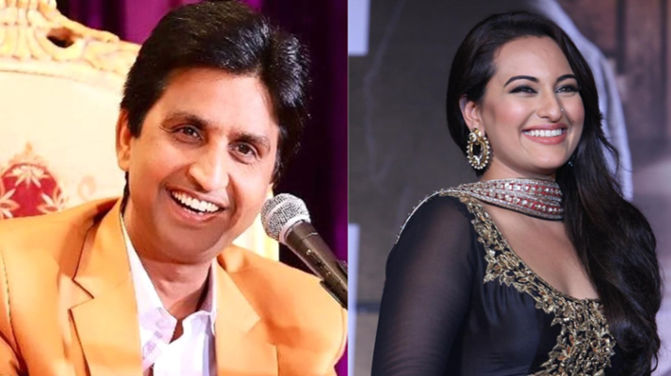A single bench judge of the Calcutta High Court on Tuesday directed West Bengal Chief Minister Mamata Banerjee not to make any ‘defamatory statement’ or ‘incorrect statement’ against West Bengal Governor Dr. C.V. Ananda Bose.
A bench of Justice Krishna Rao which was hearing a petition filed by Bose stated that it was of the “view that the statements have been made in reckless manner in order to cause injury to the reputation of the plaintiff, the Court would be justified in granting injunction. If at this stage, an interim order is not granted it would give the free hands to the defendants to continue making defamatory statements against the plaintiff and continue to tarnish the reputation of the plaintiff”.
“Considering the above circumstances, this court finds that the plaintiff has made out a prima facie case and balance of convenience are in favour of the plaintiff and at this stage, an interim order is not granted and the defendants are permitted to continue making defamatory statement against the plaintiff, the plaintiff will further suffer irreparable loss and injury of his reputation. In view of the above, the defendants are restrained from making any defamatory or incorrect statement against the plaintiff by way of publication and on social platforms till 14th August, 2024,” the judgment said and posted the matter for next hearing on August 14.
The court in its order noted that the defamatory statements made by the defendants were already in the public domain, with criminal complaints and police investigations ongoing. Despite this, the court emphasized that the defendants should not continue making reckless statements that could further tarnish the plaintiff’s reputation.The court highlighted the need to balance the right to freedom of speech under Article 19(1)(a) of the Indian Constitution with the right to reputation, which is a part of the right to life under Article 21. It was stressed that the right to free speech does not include the right to make defamatory statements.
The lawyers of Dr. Bose, had sought an interim order against Banerjee for allegedly making defamatory statements about him in various newspapers and a video published on Twitter. The Governor claimed that these statements, published on June 28 in the Indian Express, Times of India, The Hindu, and the Bengali newspaper Khabar 365 Din, had severely tarnished his reputation, causing immense mental and emotional distress.
According to him, the defamatory statements suggested that women feel unsafe visiting Raj Bhavan, the Governor’s residence, and implied that Dr. Bose was deliberately delaying the swearing-in of two newly elected AITC members of the West Bengal Legislative Assembly due to political rivalries. The statements also allude to allegations of misconduct involving a female staff member at Raj Bhavan, further questioning the Governor’s character.
On the other hand, the defense had contended that the suit is not maintainable because the media personnel and publishers of the alleged defamatory content have not been made defendants in the case. They argue that the statements were made in public interest and are not defamatory. It had further claimed that the Governor’s actions regarding the swearing-in process were already in the public domain, and the statements reflect legitimate concerns.
In India’s history, conformation between CM and Governor and Presidents have happened in the past but are rare.
In the mid-1980s, there was a significant standoff between Prime Minister Rajiv Gandhi and President Giani Zail Singh. During his first term as CM of Madhya Pradesh, Digvijaya Singh had a contentious relationship with Governor Bhai Mahavir.
Similarly, in 2015-16, the political crisis in Arunachal Pradesh saw a confrontation between the Governor J.P. Rajkhowa and Chief Minister Nabam Tuki which wen to the Supreme Court.
In 2016, Governor K.K. Paul’s recommendation for President’s Rule was challenged by Chief Minister Harish Rawat. The matter went to the High Court and later the Supreme Court, which eventually reinstated Rawat as Chief Minister. In Kerala, Governor Arif Mohammad Khan and Chief Minister Pinarayi Vijayan have had several public disagreements. Similarly, in Tamil Nadu, the faceoff between CM MK Stalin and Governor Rn Ravi has created headlines in newspapers almost daily.







